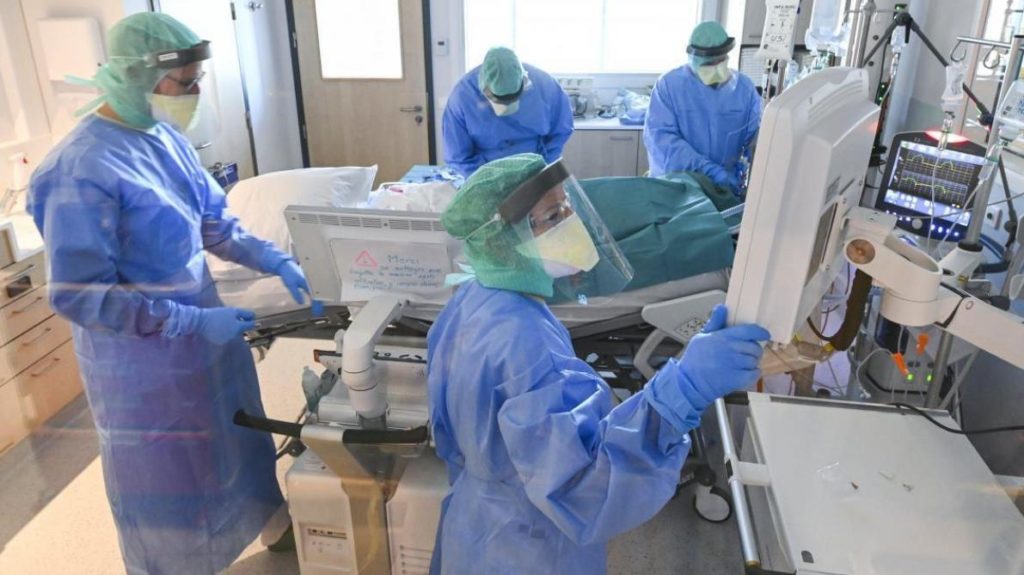The Supreme Council for Health has issued an opinion to counter claims by two Royal academies earlier in the week that Sciensano, the institute for public health, had taken decisions that were “arbitrary and opaque”.
Earlier, the Royal Academy of Medicine (ARMB) and the Royal Academy of Sciences, Letters and Fine Arts (ARB) published a document which accused Sciensano of claiming a monopoly on public advice relating to the coronavirus pandemic and sidelining members of the academies.
The Supreme Council for Health, founded in 1849, is the federal health ministry’s official organ for advice on matters of public health. It can call on a network of some 200 experts in different fields with the organisation, as well as more than 1,000 external experts, to formulate opinions either on its own behalf or in response to a request from the ministry.
In its statement yesterday, the Supreme Council offered its thanks and gratitude to Sciensano, and admonished the academies for statements which “spread distrust among the population at the worst possible time”.
Sciensano, the council points out, does not have decision-making powers, and its advice is provided to assist health authorities in their management of the crisis.
Sciensano had, the council said, produced “"64 daily epidemiological bulletins, 9 weekly epidemiological bulletins, 15 recommendations on case definition and testing, 43 procedures for the various players in the field, [and] 11 communication tools,” as well as a 32-page fact sheet summarising more than 225 relevant scientific publications related to Covid-19.
The academies, on the other hand, had not made a public statement until April, on subjects like tracing and the wearing of face masks which had already been covered elsewhere – statements which added nothing to the discussion.
“The opinions issued in the circumstances and at that moment appeared to be more of the expression of the opinion of a limited number of people than a real scientific opinion which took account of the realities of the situation,” the Supreme Council said.
There will come a time for lessons to be drawn from the handling of the crisis, at the political, administrative, scientific and media levels, the council concludes.
“However, for the scientific institutions, that time has not yet arrived, because the challenges continue to be of major importance for the entire population and for the authorities of the country. Crisis communication requires clear, non-controversial, transparent and centralised messages so as not to create more confusion in the population and the media," concluded the council.
Alan Hope
The Brussels Times

